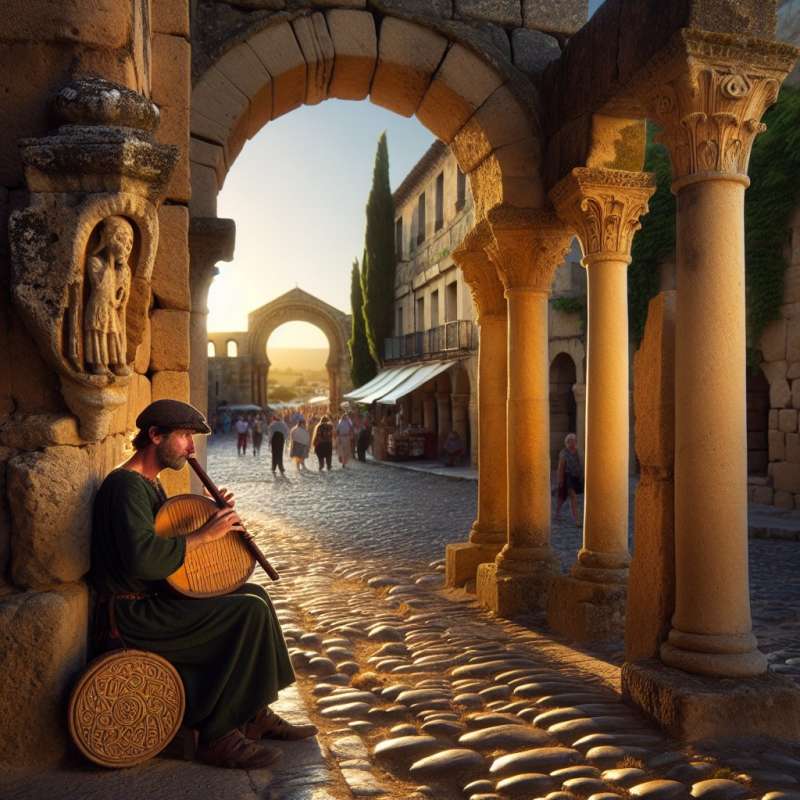
Iberians versus Visigoths
The Iberians were ancient inhabitants of Spain and Portugal, while the Visigoths were a Germanic tribe that invaded later. They were not the same people; the Visigoths arrived long after the Iberian peak.
Who Were the Iberians?
Iberians lived in the Iberian Peninsula since the 2nd millennium BCE. Their society was complex, with distinct cultures and languages, well before the Visigothic era.
Visigothic Kingdom Emergence
The Visigoths entered the Iberian Peninsula in the 5th century CE, establishing a kingdom after the fall of the Western Roman Empire. They brought new governance and cultural influences.
Religion and Integration
Initially Arian Christians, Visigoths converted to Catholicism, aiding in their integration with the local Hispano-Roman population, which was distinct from the earlier Iberians.
Iberian Genetic Legacy
Modern Spaniards and Portuguese exhibit genetic markers from ancient Iberians, but also significant Visigothic ancestry, indicating a degree of mingling over centuries.
Cultural and Linguistic Impact
Visigoths influenced the development of Spanish and Portuguese languages, particularly through the lexicon. Gothic legal codes also shaped early medieval Iberian law.
Iberia's Multilayered Identity
Iberia's identity is a tapestry of various peoples, including Iberians, Celts, Romans, Visigoths, and later, Arabs. Each culture left an indelible mark on the peninsula's history and heritage.
Who arrived in Iberia first?
Visigoths in 5th century CE
Iberians in 2nd millennium BCE
Romans before Visigoths
Company